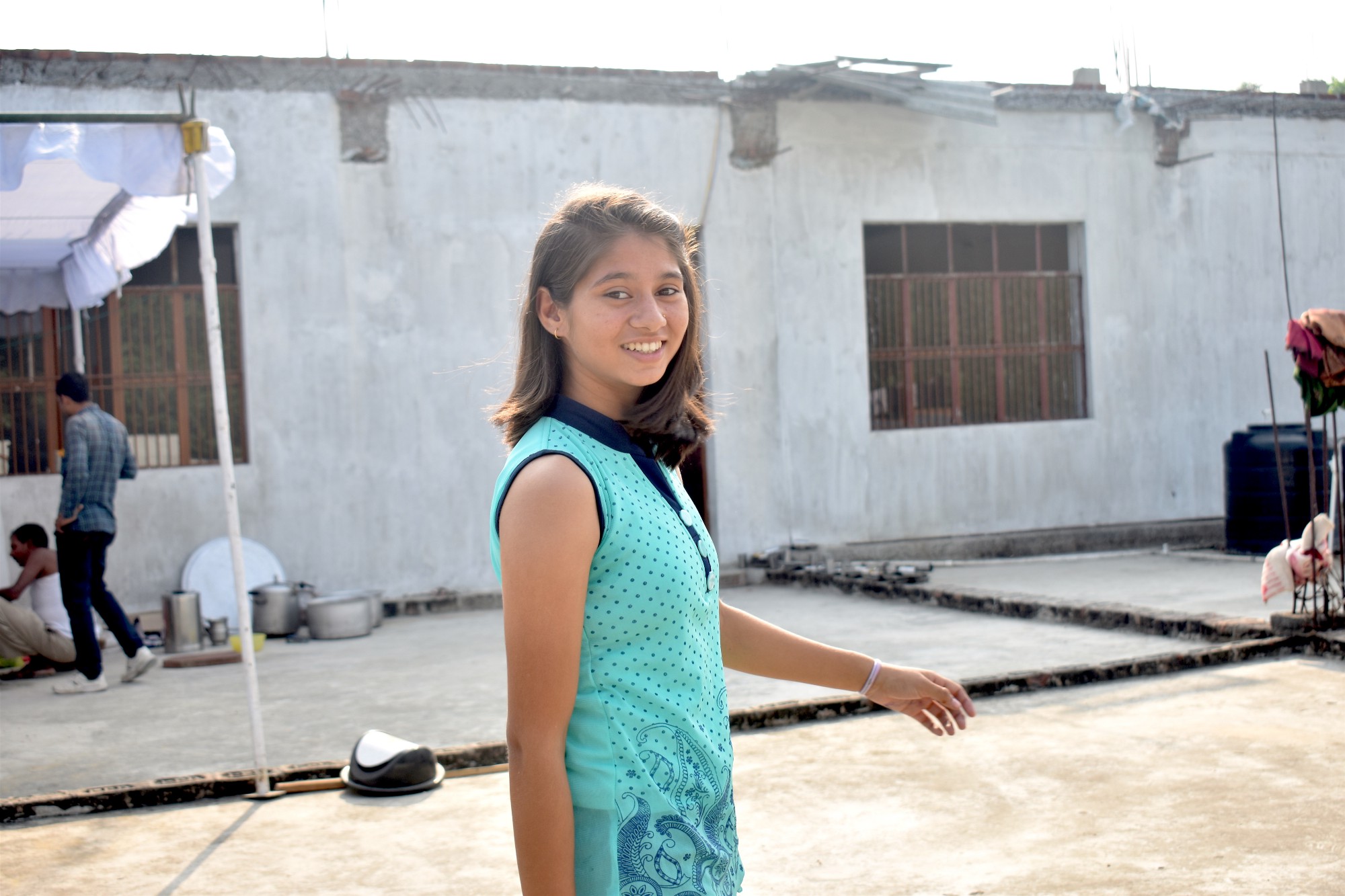This 15-year-old Indian runner won’t stay in her lane when it comes to gender discrimination
(Courtesy of Bhumika Regmi / Malala Fund)
Track star Akshara breaks down stigmas for a new generation of sportswomen.
15-year-old Akshara first started running as an act of rebellion against a society that told her athletics are only for boys. But it didn’t take long for her to realise she had a gift. Akshara soon began competing in state and national track and field competitions — and winning.
(Courtesy of Bhumika Regmi / Malala Fund)
Akshara grew up in a conservative village, where families expect girls to stay at home and away from boys until marriage.
“You’re a girl, why will you play sports?” Akshara remembers her mother asking when she first showed interest in running. “She didn’t want me to mingle with boys.”
Despite her mother’s wishes, Akshara joined a neighbourhood track club — where she was not only hanging out with boys on the track, she was outrunning them.
“They aren’t giving enough support to young women who want to play sports here.”
Soon Akshara began racing in state competitions, qualifying for nationals and making her mother proud. “She became supportive once she saw me run,” Akshara says. “My parents get happy when they see my name somewhere in newspapers. They cut the pieces and show visitors. They say ‘look this is our girl.’”
While Akshara convinced her family of the merits of female athletes, people in her village still don’t believe girls should play sports. She says that they have a hard time accepting girls can do something as free as running.
(Courtesy of Bhumika Regmi / Malala Fund)
In 2015, Milaan Foundation selected Akshara to be a Girl Icon fellow and she started working to reduce stigma around sports and sport uniforms in her community. In Akshara’s village, girls are not permitted to wear “western clothing” and especially not shorts. This puts girl athletes at a disadvantage.
Last year, Akshara organised a community race and invited women in her village to participate wearing their traditional clothes. She hoped to prove that sport uniforms “are a necessity and not something we wear to be fashionable.”
“How will mothers know how great it feels to run if they never do it themselves?” she asks. “I wanted them to see that there’s no harm in playing sports — and that it can’t be done in Sarees.”
(Courtesy of Bhumika Regmi / Malala Fund)
Akshara plans on building a sports academy one day, where “girls can excel in any sport they choose to play.” She wants to help female athletes because the Indian government is not: “They aren’t giving enough support to young women who want to play sports here.”
Because of Akshara’s work as an advocate, some families in her village are now sending girls to run at the same stadium where she first began her track career. Akshara celebrates this progress but knows that girls in her community still face many challenges. Like sports, education is also threatened by stigma. Families force girls to stay home while boys are sent to school.
“Education is important for girls to learn how to succeed in what they’re good at,” she says.
And while she can’t fight for every girl, Akshara hopes to inspire young women in her community to fight for themselves and strive for a future of their choice.
 Read more
Read more













